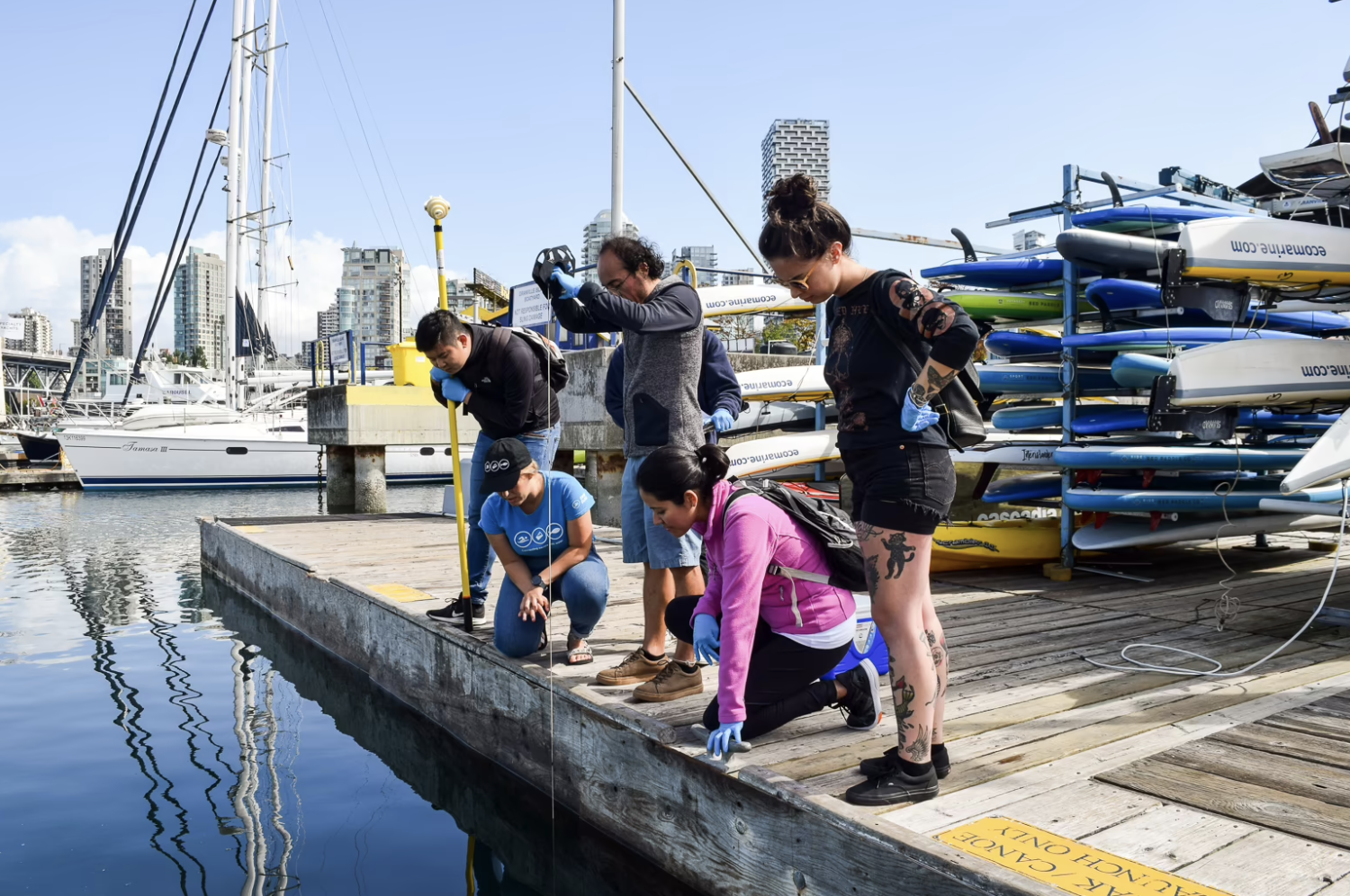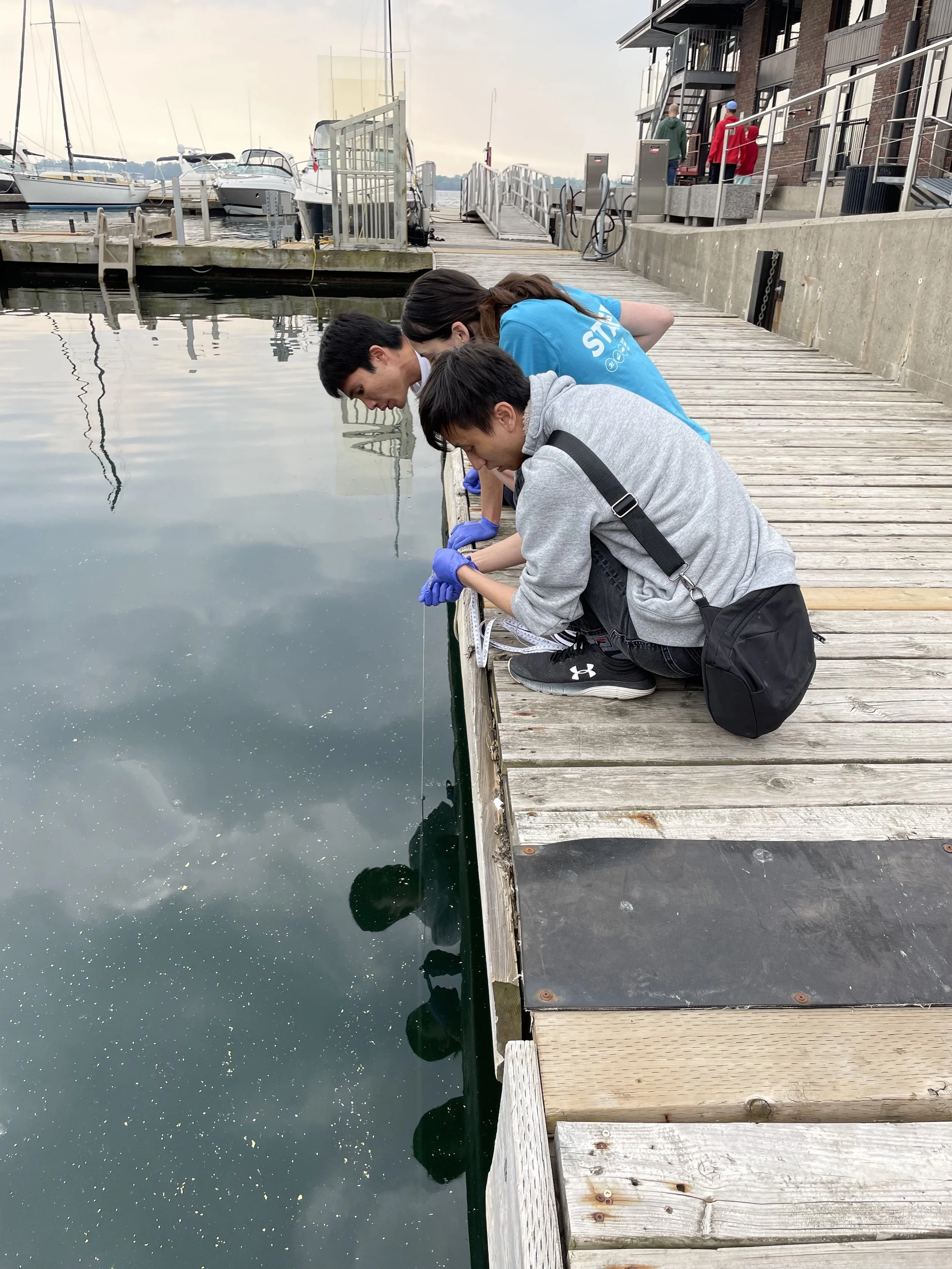
Community-Based Recreational Water Quality Monitoring Toolkit
Download the Toolkit’s Operating Procedures Here.
The sections outlined below are made to be used in conjunction with the Standard Operating Procedure (SOP) document you downloaded above. Reference the SOP when needed to provide more detailed instruction and context to the documents outlined in Sections 1-4.
Explore the tools, resources, and training modules
-

How to Design a Recreational Water Monitoring Program
-

Field Work Preparation and Monitoring
-

Sample Processing and Analysis
-

Data Management
-

Field Work Training Videos
-
Sample Processing and Analysis Training Videos

